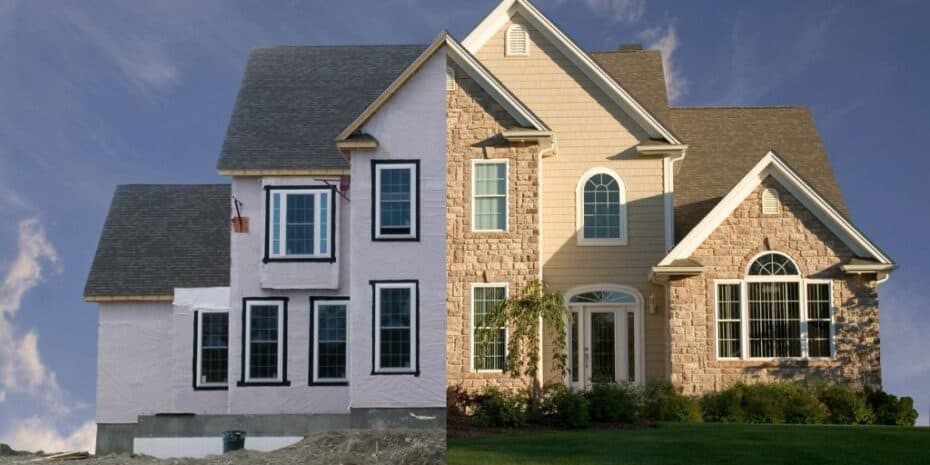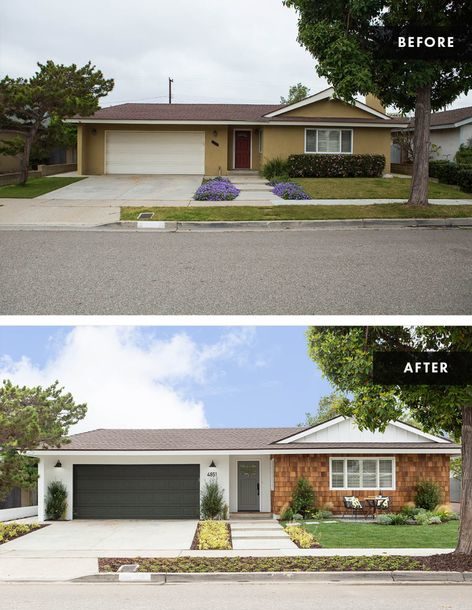House flipping is a great and quick way to earn through real estate investment. However, people are asking whether house flipping is still profitable in today’s market. This is why Graana.com, Pakistan’s smartest property portal, provides a comprehensive analysis of this lucrative real estate investment.
What Is House Flipping?
House flipping is a type of real estate investment in which an investor buys a property with the intention of selling it later at a higher price. The aim of house flipping is to buy the property cheap, make repairs and renovations, and then sell it for profit.
Rather than buying and holding the property for long, investors try to resell it as quickly as possible to minimise the time their capital is at risk. The focus of this type of investment should be on speed. With each passing day, the property will cost more money as you have to pay utility bills, property tax, and other things associated with owning a house.
Is Flipping Houses a Good Idea?

House flipping is a profitable business but it depends on the real estate market, which can be unpredictable at times. During a boom in demand, people who are flipping houses have the upper hand and they can set any price they want. However, when the property market is slow, house flippers may find it hard to sell and can remain stuck in the market for months.
For instance, if you have purchased a home in a new area, you’re banking on the increase in value of that particular neighbourhood. If the prices are increasing rapidly, you may be able to make a good profit. On the other hand, if anything goes wrong, you may not be able to attract homebuyers, and it will cost more in the long run.
Hence, you would ideally want to buy a property when the market is slow, and sell it when it is at its peak again.
The 70% Rule in House Flipping
There is a rule that is usually followed in this kind of real estate investment: any investor shouldn’t pay more than 70% of the after-repair value of the house. The after-repair value (ARV) is the total worth of the house after it has been fully restored. For instance, if a place has an ARV of Rs. 5 lacs and Rs. 50k is needed for the repairs, it means that the investor shouldn’t pay more than Rs. 3 lacs for the property.
This is a good way of finding a suitable choice for flipping but, in some markets, this rule may not work as there are different factors involved that can affect this value as well.
Pros and Cons of Flipping Houses

Like any real estate trend, there are some pros and cons of flipping houses that help in deciding whether it is a profitable business or not. The advantages of this property investment have been listed below.
Good Return on Investment
This is a simple way to get the maximum return on a real estate investment. The main purpose of house flipping is just to identify the value of a property, renovate at a low cost and sell it at a profitable price.
Part-Time Job
As economic conditions get tough, everyone is looking for ways to earn more money. In the house flipping business, there is no limit on how much you can earn, depending on the real estate market and how much you have invested. The more you invest time and money in this business, you will get more profit. If you’re earning enough through this source, you can make it a full-time job. Otherwise, for saving money for vacation or retirement, this is the best part-time job.
The disadvantages of house flipping are as follows.
Difficult to Start
The biggest concern about this kind of investment is that you require a lot of money. This is why many struggles to get into the business in the first place.
Potential to Lose Money
While flipping houses is profitable, you can also lose a lot of money in this business. As we mentioned earlier, the profit, in this case, depends on the real estate market. If the market isn’t performing well and there is no demand for houses in the area, then you may end up facing losses. This is a risky investment and you should be aware of the current market trends before investing.
How to Flip a House

The different steps involved in house flipping have been outlined below.
Setting Up a Budget
For any real estate investment, you have to make a budget that you can afford to spend on the property. This will help you optimise the property search.
Market Research
You have to conduct thorough research of an area to find out the potential of real estate. If there is a place where the demand is high, you can sell the house for profit easily.
Estimate the Renovation Costs
Most successful house flippers focus on inexpensive repairs and updates. To calculate the renovation cost, you can use the AVR formula mentioned earlier in the blog. Once you have calculated the cost of the property, you will be able to determine the maximum offer for it.
Buy the Property to Flip
Once you have found the perfect property for house flipping, the next step is to contact the property owner. Make the offer according to the AVR calculations and the market value of the property. Once you have purchased the property, find the contractors and start upgrading the property for flipping.
Flipping houses is a great real estate investment strategy. However, you need to understand the risks involved in it to make an informed decision.
To find more real estate investment opportunities, visit our graana blog.
Read More
10 Most Commonly Asked Questions About Real Estate Investment
Tips to Transition to PropTech
Top Luxury Real Estate Trends in 2022
Existing vs. Under Construction Properties: Which One Should You Buy?





Sure, Market research is a prerequisite to make profit in real estate.